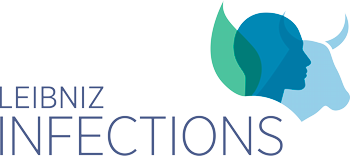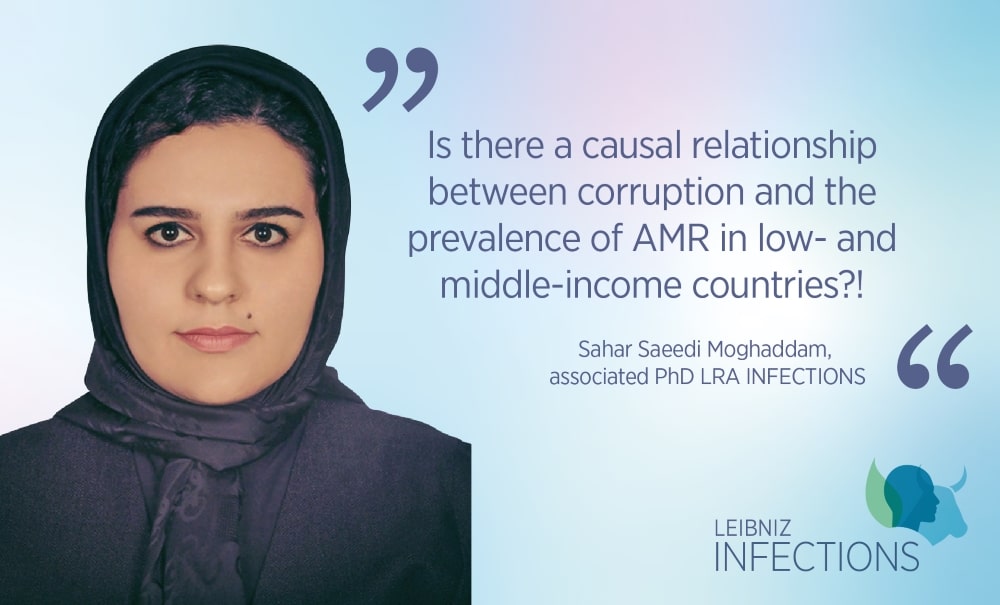New PhD student in the associated project "Economic inequality and corruption: access to antibiotics and utilization incentives": Sahar Saeedi Moghaddam, Biostatistician from Iran.
Within the framework of her project "Economic inequality and corruption: access to antibiotics and utilization incentives", Sahar uses biostatistical methods to see whether there is a significant relationship between the occurrence of corruption and the spread of AMR in low- and middle-income countries (LMICs). She also plans to develop novel strategies that can be used to curb the AMR spread in countries with endemic corruption in their healthcare delivery systems – without restricting essential access to antibiotics among the poor.
Profile Sahar Saeedi Moghaddam
Name: Sahar Saeedi Moghaddam
Age: 33
Where and what have you studied?
I hold a Bachelor of Science in statistics from Iran’s University of Science and Culture and a Master of Science in Biostatistics from Shahid Beheshti University of Medical Sciences.
Which field of research interests you the most?
My ambition is to apply economics research methods to help understand and solve some of the great challenges in global health, with a particular focus on antimicrobial resistance (AMR), health inequalities and population health metrics.
Why did you apply to the Leibniz Research Alliance INFECTIONS?
This interdisciplinary research alliance provides me with multiple opportunities to collaborate with some of the best researchers in their respective fields. Even before joining the Kiel Institute’s global health research group, I had already co-authored more than 100 empirical papers with researchers from across a wide range of health-related disciplines, such as clinical medicine, epidemiology, public health and economics, that were published in highly visible international peer-reviewed journals.
Describe your research project briefly and in a generally understandable way:
In many low- and middle-income countries (LMICs), high levels of AMR prevalence seem to be associated with high levels of corruption in healthcare delivery systems. My research is meant to help clarify whether such corruption can be identified as a causal factor of the spread of AMR in cross-country studies. In addition, I plan to develop novel strategies that international organizations can use to help curb the AMR spread in countries with endemic corruption in their healthcare delivery systems – without restricting essential access to antibiotics among the poor.
What do you think will be the biggest challenges but also the biggest opportunities
during your work?
Interdisciplinary research is never without challenges. I am grateful to be a member of the global health research group at the Kiel Institute for the World Economy that funds my PhD project and eager to participate in the LRA INFECTIONS that offers so many opportunities for new types of collaborations, discussions and research presentations at conferences and workshops.
Thanks for the interview and great to have you on board!


